#de champaigne
Explore tagged Tumblr posts
Text

Mary Magdalene, Philippe de Champaigne, 17th Century
22 notes
·
View notes
Photo

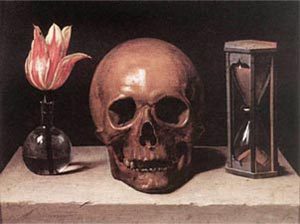

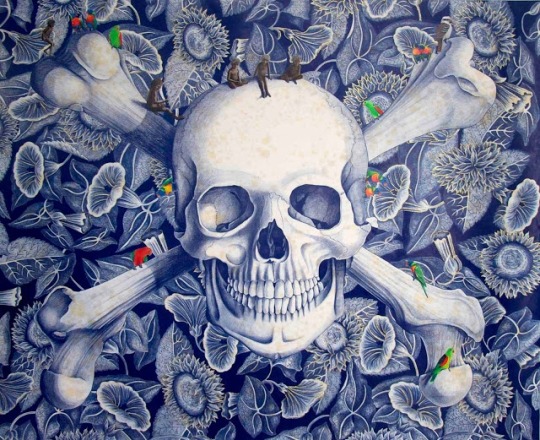


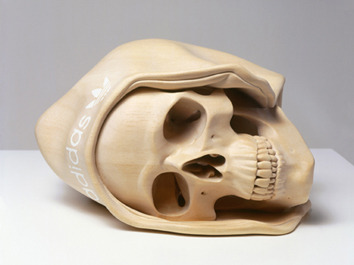
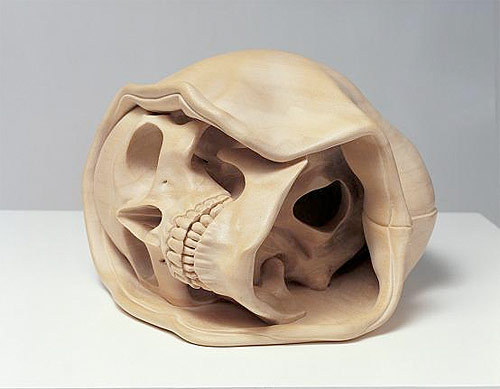
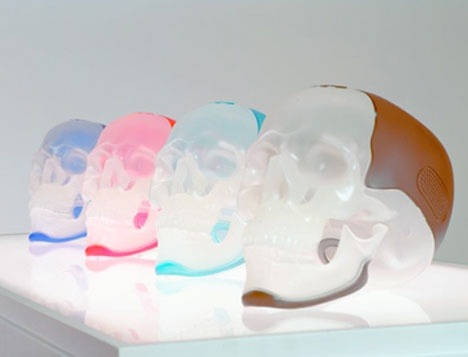

vanitas
1 David Bailly (1584-1657) Dutch. Self Portrait with Vanitas Symbols (1651) oil on wood panel
2 Philippe de Champaigne (1602-74) Netherlands/France Still-life with a skull (vanitas) (c1671)
3 Andy Warhol (1927-87) USA. from his Skull series.
4 Danie Mellor Piccaninny Paradise (2010) pastel, pencil, glitter, Swarovski crystal and wash on Saunders Waterford paper.
5 Danie Mellor (born 1971) Australian. From rite to ritual, (2009) oil, wax pastel with pencil, glitter and Swarovski crystal on Saunders Waterford paper, 178x133.5cm.
6 eX de Medici (born 1959) Australian. Take #5 (2005) watercolour
Lara Cory escapeintolife.com .... As the viewer digs a little deeper, a better understanding of de Medici’s concerns with power and control through violence become apparent. Her art and her message is accessible. You don’t need an explanation to enjoy and appreciate the visually enticing guns and skulls, and yet you still sense the beguiling paradox of her work.The artist’s style and subject matter seem to perfectly encapsulate her intention and her expression. Her art reflects the precision of natural history illustration, from which she draws her influence, as well as from her experience as tattooist. The subject matter and technique are forged together in a highly original context. De Medici explains in an interview that her penchant for working in miniature is due to the patience and skill she learned during her years as a tattooist. According to de Medici, tattoos are emblems that people choose to represent their ideas. The imagery of guns and skulls therefore arises from this symbolic approach to meaning. The gun is the weapon of ultimate power and the skull is the result of that power. An exquisite and gentle moth pelt disguises and also magnifies the awareness of extinction and the abuse of power. (Remember that de Medici volunteered at CSIRO, assisting with the classification of rare moth species.) De Medici’s “impossible guns” with triggers made up of the microscopic filaments of moth hide are emblems of defenseless beauty and destruction. The echoes of natural history illustration in her work, invites connections to humanity, biology and life as art. De Medici’s guns and skulls are also reminders of the end of life, violence, and the ravaging of the natural world.The colors that the artist uses to convey her meaning are not randomly selected. They combine variations of the wing pattern of the Tortricidae superfamily of Microlepidoptera—a very small species of moth, found in the Asia Pacific region—flashes of the British and US flags; colonial drawings of the crash of the flagship of the First Fleet, the shipwrecked Sirius on the Norfolk Island reef; the Mobil horse, the BHP logo, Monsanto, Blackwater and numerous other colors loaded with meaning.And so, the imagery and materials of de Medici’s guns and skulls combine to form an aggregate of associations, ideas and influences. She fuses the organic, vulnerable, biological characteristics of the moth and the skull with the artificial, man-made gun and notions of power. She explores a range of antithetical insights, from the resplendent pelts of extinct moths to the hard, cold fact of weaponry. The artist transforms the ugliness and cruelty of violence by showing us the final, irreversible result of that violence in beguiling beauty.
7 & 8 Ricky Swallow (b.1974) Australian. Everything is Nothing (2003)
9 & 10 Ricky Swallow iMan Prototypes (2001) injection-molded resin with colour tint, edition of 34 units, each 16x11.5x18.5cm
2 notes
·
View notes
Text

Memento Mori (1650 / Etching) - Jean Morin, after Philippe de Champaigne
879 notes
·
View notes
Text

Night and Dawn, Jean-Baptiste de Champaigne (1631-1681)
#art#art history#Jean-Baptiste de Champaigne#allegory#allegorical art#chiaroscuro#Baroque#Baroque art#Flemish Baroque#Flemish art#17th century art#oil on canvas#Louvre#Louvre Museum#Musee du Louvre
662 notes
·
View notes
Text

‘Saint Augustine’ (detail) by Philippe de Champaigne, c. 1645-1650.
#Philippe de Champaigne#vintage art#classic art#art#art history#old art#painting#art details#vintage#oil painting#moody art#saint augustine
2K notes
·
View notes
Text
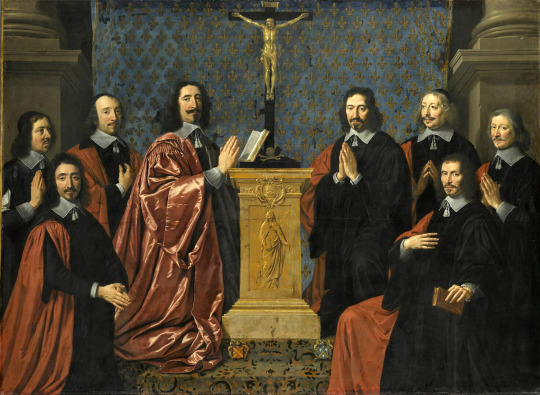
ab. 1648 Philippe de Champaigne - The Provost of Merchants and the Aldermen of the City of Paris
(Louvre Museum)
176 notes
·
View notes
Text

Oh well I guess I should upload this incase it's useful to anyone.
Drew up a De Chagny Parisian house layout because we be writing lately and it helps to know where things are.
Ample external walkways incase any Phantoms be lurking.
#phantom of the opera#the phantom of the opera#raoul de chagny#philippe de champaigne#layout#house layout
128 notes
·
View notes
Text

The Dream of Saint Joseph
Artist: Philippe de Champaigne (French, 1602-1674)
Date: 1642-1643
Medium: Oil on Canvas
Collection: The National Gallery, London
Description
According to the Gospel of Matthew, an angel appears to the Virgin Mary’s husband, Joseph, in a dream. Champaigne shows the angel gesturing towards both heaven and the Virgin Mary, confirming that Christ has been conceived through the Holy Ghost. Kneeling in front of an open Bible, Mary glances towards the angel, her arms crossed over her chest.
Biblical Narrative | Matthew 1:20-25, NIV
But after he had considered this, an angel of the Lord appeared to him in a dream and said, “Joseph son of David, do not be afraid to take Mary home as your wife, because what is conceived in her is from the Holy Spirit. She will give birth to a son, and you are to give him the name Jesus, because he will save his people from their sins.”
All this took place to fulfill what the Lord had said through the prophet: “The virgin will conceive and give birth to a son, and they will call him Immanuel” (which means “God with us”).
When Joseph woke up, he did what the angel of the Lord had commanded him and took Mary home as his wife. But he did not consummate their marriage until she gave birth to a son. And he gave him the name Jesus.
#painting#oil on canvas#biblical story#christianity#gospel of matthew#joseph#mary#angel#dream#sleep#philippe de champaigne#french art#european art#17th century art#christian art#christian faith
42 notes
·
View notes
Text



















Historical Portraits of Children // The Truth is a Cave – The Oh Hellos
Four Children Making Music – attributed to the master of the Countess of Warwick, 1565 // Three Children with a Dog or Two Sisters and a Brother of the Artist – Sofonisba Anguissola, 1570-1590 // The Children of Philip III of Spain (Ferdinand, Alfonso, and Margarita) – Bartolomé González y Serrano, 1612 // Three Children with a Goat-Cart – Frans Hals, 1620 // The Balbi Children – Anthony van Dyck, 1625-1627 // The Three Eldest Children of Charles I – Anthony van Dyck, 1635-1636 // Five Eldest Children of Charles I – Anthony van Dyck, 1637 // Portrait of the Children of Habert de Montmor – Philippe de Champaigne, 1649 // Group Portrait of Charlotte Eleonora zu Dohna, Amalia Louisa zu Dohna, and Friedrich Christoph zu Dohna-Carwinden – Pieter Nason, 1667 // The Graham Children – William Hogarth, 1742 // Portrait of Sir Edward Walpole’s Children – Stephen Slaughter, 1747 // The Bateson Children – Strickland Lowry, 1762 // The Gower Family: The Five Youngest Children of the 2nd Earl Gower – George Romney, 1776-1777 // Marie-Antoinette de Lorraine-Habsbourg, Queen of France, and Her Children – Élisabeth Louise Vigée Le Brun, 1787 // The Marsham Children – Thomas Gainsborough, 1787 // The Oddie Children – William Beechey, 1789 // Three Siblings – Johann Nepomuk Mayer, 1846 // Happy Children – Paul Barthel, 1898 // My Children – Joaquín Sorolla, 1904 // The Truth is a Cave – The Oh Hellos
#this line makes me feel Very Normal and not at all Deranged 🥴😵💫#portraiture#family portrait#portrait#portrait painting#sofonisba anguissola#frans hals#anthony van dyck#philippe de champaigne#william hogarth#george romney#elisabeth vigee le brun#elisabeth louise vigee le brun#thomas gainsborough#joaquin sorolla#the truth is a cave#the truth is a cave song#the truth is a cave the oh hellos#through the deep dark valley#through the deep dark valley album#through the deep dark valley the oh hellos#the oh hellos#art history#art#lyrics#lyric art#long post
100 notes
·
View notes
Text
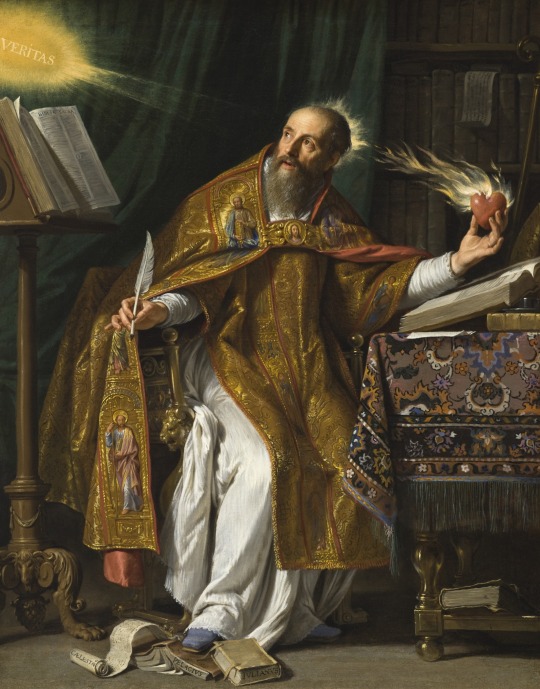
Saint Augustine by Philippe de Champaigne, 1645-1650.
#classic art#painting#philippe de champaigne#french artist#17th century#baroque#christian art#allegorical art#mental allegory#saints#clergy#augustine of hippo#books#inside
382 notes
·
View notes
Text
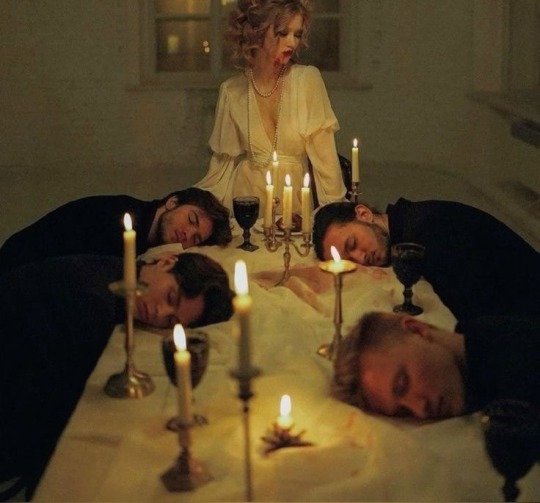
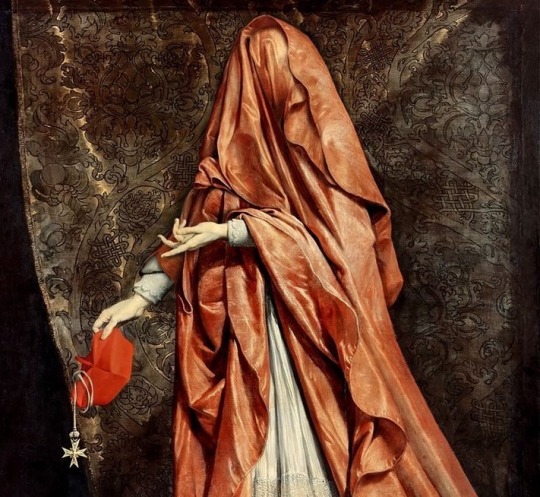
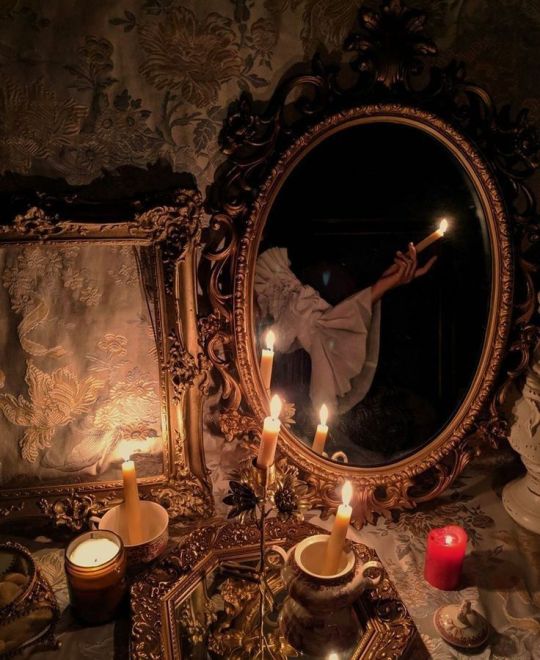
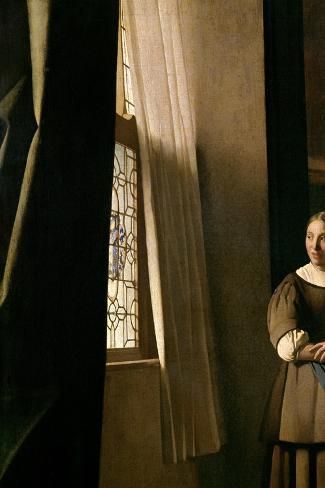
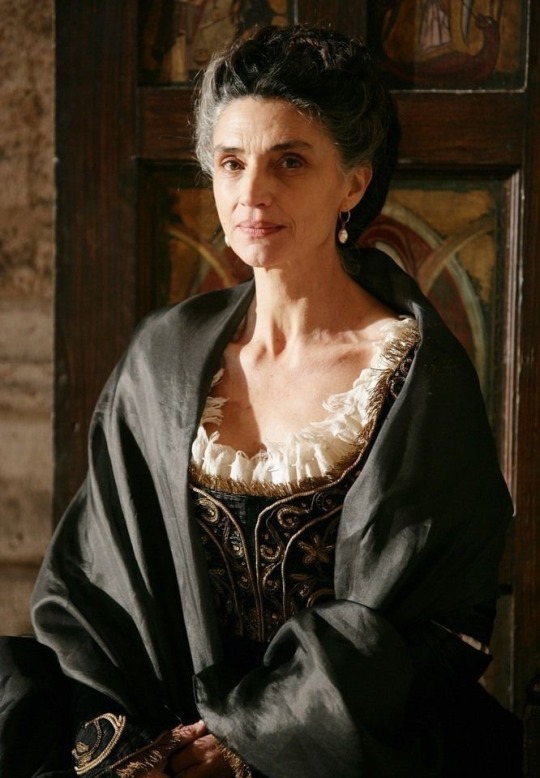
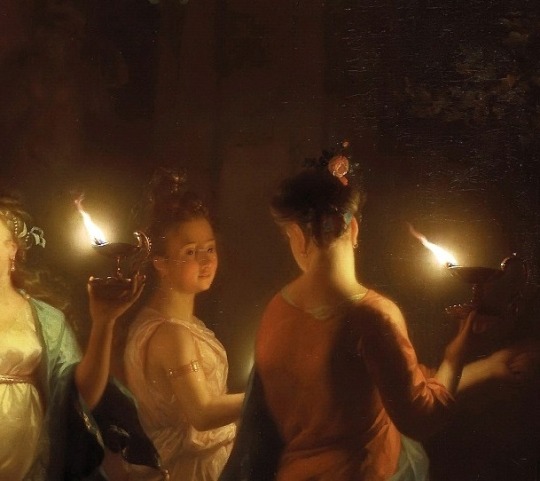
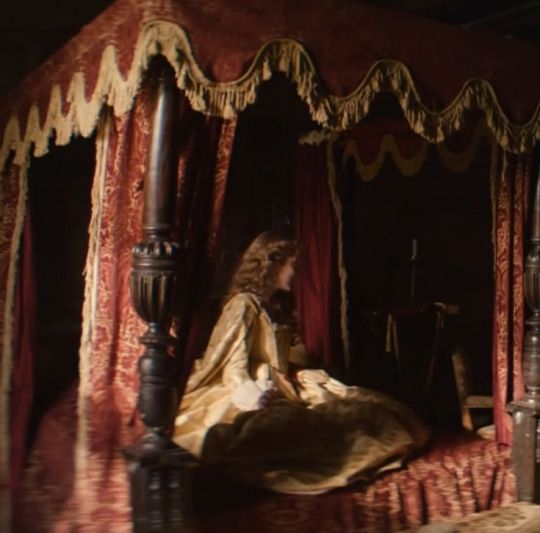
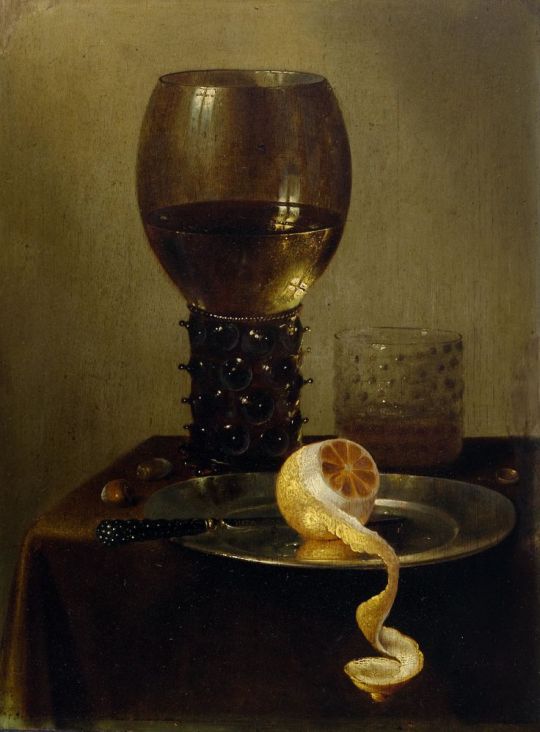

13 days of witches: the witch-poisoner, La Voison
"...let me have / A dram of poison, such soon-speeding gear / As will disperse itself through all the veins / That the life-weary taker may fall dead." — William Shakespeare
Louis XIV, "the Sun King," is in his ascendancy, while the aristocracy continues to revel, Icarus-like, in their dwindling power. Against the background of their contest, Catherine Deshayes, "La Voison," merchant, midwife, and fortune teller, reaches the zenith of her own, less official, influence. Rising from humble beginnings, she has become wealthy and powerful providing her services to the dissolute upper class as a sorceress and poisoner. Now her vast network of agents, allies, and clients spans the breadth of society-- including, perhaps, the king's own mistress. At the hands of La Voison or those of her many underlings, inconvenient relatives are dispensed with; love potions find their way into the cups of unwitting suitors; arcane sorceries are worked at unholy masses; an attempt is made even on the life of the king himself. Eventually the reach of the poisoner-witch extends too far, and the Sun King's agents seek her out. But even the arrest and execution of La Voison herself is not enough to stamp out her ring of crime; her allies are myriad and in low places, and while many are caught, more escape through their inconsequence; the grandiose status of her customers, however, proves too much even for the king, and the case of the Affair of Poisons is officially closed to avoid bringing unbearable scandal down on the nation.
#13 days of witches#inspired by interluxetumbra's moodboard challenge#moodboard#affair of the poisons#Catherine Deshayes Monvoisin#witches#witch aesthetic#music#Spotify#image credits:#photo.destruction on instagram / Hidden de Champaigne - Volker Hermes / victoriamisu.com /#Woman writing a letter with her maid (detail) - Johannes Vermeer / The Borgia (2006) via IMDB /#The Wise and Foolish Virgins (detail) - Godfried Schalcken /#Still life with rummer pewter plate and peeled lemon - Willem Claeszoon Heda / Visconti Tarot Cards by Talia Felix
24 notes
·
View notes
Text

Saint Bruno painted by Philippe de Champaigne (1602 - 1674)
#art#art history#artwork#baroque#culture#history#museums#painting#vintage#curators#philippe de champaigne
160 notes
·
View notes
Text
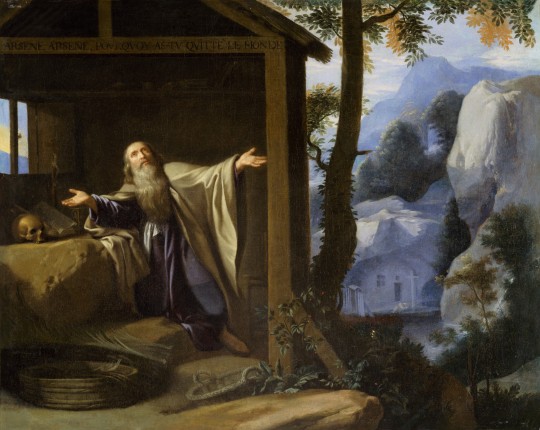
Philippe de Champaigne - Saint Arsenius Leaving the World (1633)
16 notes
·
View notes
Text


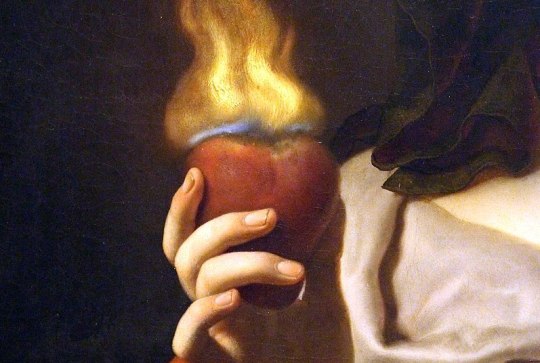

Alegoría de la Caridad, Francisco de Zurbarán | Portrait of Saint Augustine, Philippe de Champaigne | la Caritá, Carlo Dolci | Uncle Vanya, Anton Chekhov tr. Hugh Aplin
#webweaving#web weaving#dark academia#classic academia#light academia#francisco de zurbarán#philippe de champaigne#carlo dolci#anton chekhov
594 notes
·
View notes
Text

Philippe de Champaigne
Still Life with a Skull
circa 1671
#Philippe de Champaigne#baroque#baroque art#baroque painting#baroque painter#baroque artist#french art#french artist#french painter#french painting#baroque aesthetic#aesthetic#beauty#art history#aesthetictumblr#tumblraesthetic#tumblrpic#tumblrpictures#tumblr art#tumblrstyle#artists on tumblr
113 notes
·
View notes
Note
i just downloaded this app and you're one of the best ones i've followed! i love your page so much! I wonder if you're still open for requests? If you are, please post something about a connection that felt so forced and full of misunderstanding. But if you aren't, I don't really mind! I'm loving your page already anyway! Have a nice day :")


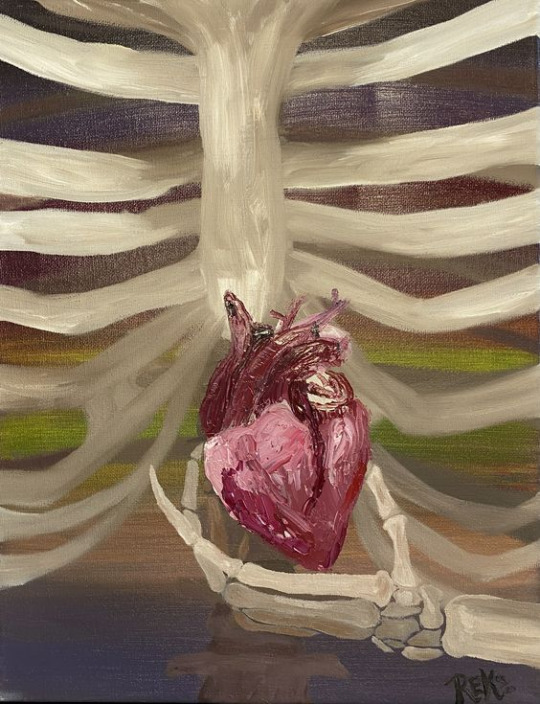
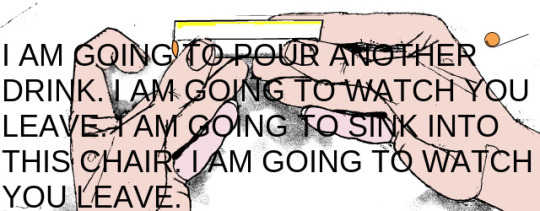
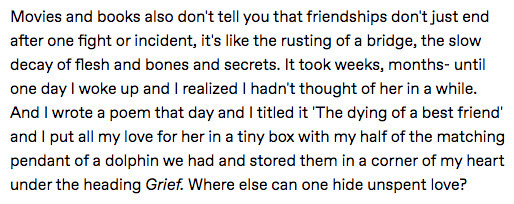
Hishaam Siddiqi Where did you go? / Philippe de Champaigne Saint Augustin / pinterest / @jovialtorchlight / Ritika Jyala The world is a sphere of ice and our hands are made of fire
#did my best with this one#on heartbreak#on loss#on love#on longing#on yearning#web weave#web weaving#poetry compilation#poetry parallels#hishaam siddiqi#where did you go?#philippe de champaigne#saint augustine#ritika jyala#the world is a sphre of ice and our hands are made of fire#poetry#words#writing#text#quote#spilled ink#spilled words#spilled poetry#spilled thoughts#spilled feelings#dark academia quote#dark academia#dark academia poetry
176 notes
·
View notes